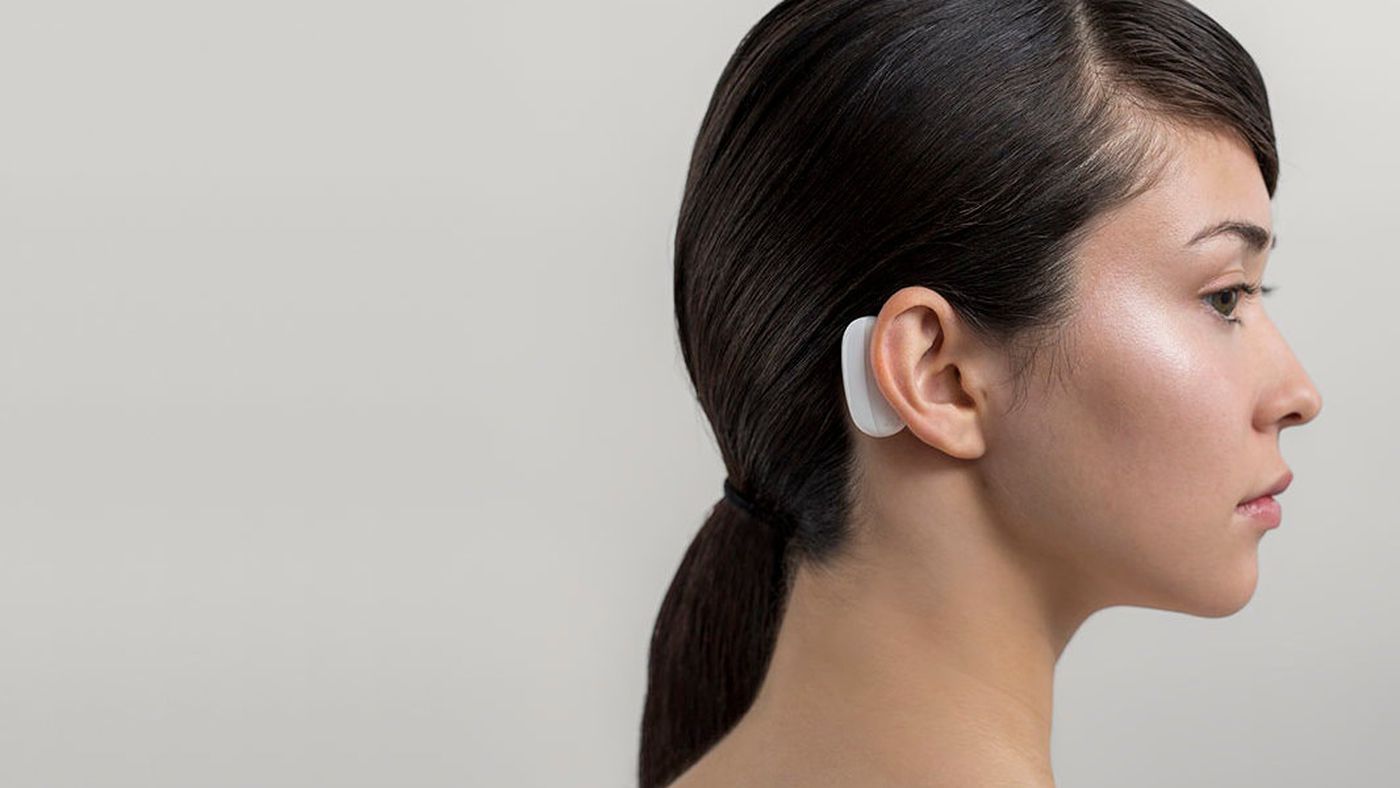Comments
- No comments found

There is a recent article in Nature, Decades-long bet on consciousness ends — and it’s philosopher 1, neuroscientist 0, reporting, in part, on a panel at the 26th annual meeting of the Association for the Scientific Study of Consciousness (ASSC) about a bet on consciousness, a quarter century ago.
During the panel session, three of the questions were displayed: 1. Within 25years, we will discover the neural correlates of consciousness. 2. The neural correlate of consciousness will be a set of neurons characterized by a small set of intrinsic properties (less than 10). 3. This will be clear.
Consciousness is often defined with experience or the awareness of being. Both can be said to be outcomes of consciousness, not how it arises. Questions about consciousness can be bifurcated into source and output. There is a key mechanism that underscores what consciousness is, directly.
Conceptually, the source of consciousness is the human mind. Consciousness can be said to be the interactions of the components of the mind. The components of the human mind, roughly, are the electrical and chemical impulses of nerve cells. Impulses as a group or their collective is what the mind is, extricating them from other parts within the cranium that can be called the brain.
The collective of electrical impulses act as quantities, while chemical impulses act as properties, with synapses at the head of those. There are features of quantities and properties, with how they act in the group, away from their individual actions. Properties hold genetic possibilities for species. Quantities engage with properties to expand them, to get to others, to keep them active, as well as to take supplies for other properties. There are thousands of synapses per neuron. They are destinations of properties and sometimes a part of additional clusters of synapses for properties set.
It is properties that determine what happens at brain centers or circuits, such that in a brain lesion, properties available for certain functions may be lost. Degrees of properties are also possible across locations, where multiple functions are sometimes involved. For example, emotion may be possible at different brain centers. To the mind, those centers may represent degrees of knowing or experience of it.
The neural correlates of consciousness are not as important as the extended mechanisms that drive consciousness. Quantities obtain or acquire properties, across mind locations, as their interactions, which then determine what becomes known. Experiences are things known at the moment. The sense of self too is known, even when not prioritized. Emotions are known, so are feelings, perceptions, sensations and the rest.
Regulation or control of internal senses is done within a range or what is known. All processes are determined by the same mechanism, for conscious states or otherwise. In a coma, deep sleep or under general anesthesia, activities are carried out in the same ways as others, even though those identified for consciousness are in low degrees.
The neural correlates of consciousness are similar to the neural circuits of behavior, where certain actions are associated with certain pathways in the brain. Behavior is the mind, not the brain. They are properties or details obtained.
There is no consciousness without the mind and there is no mind without consciousness. Some of the mechanisms and outputs of consciousness are possible in some other organisms, and possibly in some plants. Some outputs of consciousness are also possible in machines.
Leave your comments
Post comment as a guest